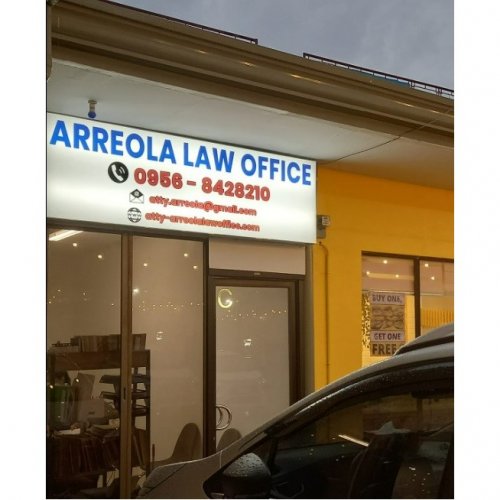Best Juvenile Law Lawyers in Antipolo City
Share your needs with us, get contacted by law firms.
Free. Takes 2 min.
List of the best lawyers in Antipolo City, Philippines
About Juvenile Law in Antipolo City, Philippines
Juvenile Law in Antipolo City, Philippines, is governed by the Philippine Juvenile Justice and Welfare Act of 2006, which focuses on the rehabilitation, diversion, and restorative justice for children who come into conflict with the law. In this system, anyone under the age of 18 who is accused of committing a crime is considered a 'Child in Conflict with the Law' and is treated distinctively than adults..
Why You May Need a Lawyer
A lawyer specializing in Juvenile law can help you understand and navigate the complex procedures involved in dealing with the juvenile justice system. For instance, if your child has been accused of a crime, an experienced lawyer can help safeguard his/her rights, minimize the impact of the charge, and advocate for the child's best interests. They can also guide you through alternatives such as diversion programs, which emphasize rehabilitation over punishment.
Local Laws Overview
Local laws in Antipolo City complying with the Philippine Juvenile Justice and Welfare Act state that if a child is 15 years old or under at the time they committed an offense, they are exempted from criminal responsibility. However, they may be subjected to an intervention program. If the child is above 15 but under 18, they are likewise exempted unless they acted with discernment, in which case, they shall be subjected to appropriate proceedings.
Frequently Asked Questions
What is the minimum age of criminal responsibility in the Philippines?
The minimum age of criminal responsibility in the Philippines is 15 years old.
What happens if a child below the age of criminal responsibility commits a crime?
While children under 15 years old are exempted from criminal liability, appropriate measures of intervention and prevention are implemented.
What is a diversion program?
A diversion program is designed to have the child acknowledge his/her offense, make amends, and learn from it, thereby preventing reoffending.
Is a conviction as a juvenile considered a criminal record?
Records of a child in conflict with the law are confidential and should not be used against the child in any proceedings once he/she reaches adulthood.
What rights do children in conflict with the law have?
Children in conflict with the law have the right to be heard, be treated with dignity, and be provided with legal representation, among others.
Additional Resources
The Public Attorney's Office (PAO), Department of Social Welfare and Development (DSWD) and the Juvenile Justice Welfare Council (JJWC) are cornerstone resources a person can tap for legal help related to Juvenile Law.
Next Steps
If you need legal assistance related to juvenile law, first seek advice from a lawyer specializing in this field. Gather all relevant documents and ensure the rights of the child are being protected at all times. Engage your lawyer in every step, and understand their planned course of action thoroughly.
Lawzana helps you find the best lawyers and law firms in Antipolo City through a curated and pre-screened list of qualified legal professionals. Our platform offers rankings and detailed profiles of attorneys and law firms, allowing you to compare based on practice areas, including Juvenile Law, experience, and client feedback.
Each profile includes a description of the firm's areas of practice, client reviews, team members and partners, year of establishment, spoken languages, office locations, contact information, social media presence, and any published articles or resources. Most firms on our platform speak English and are experienced in both local and international legal matters.
Get a quote from top-rated law firms in Antipolo City, Philippines — quickly, securely, and without unnecessary hassle.
Disclaimer:
The information provided on this page is for general informational purposes only and does not constitute legal advice. While we strive to ensure the accuracy and relevance of the content, legal information may change over time, and interpretations of the law can vary. You should always consult with a qualified legal professional for advice specific to your situation.
We disclaim all liability for actions taken or not taken based on the content of this page. If you believe any information is incorrect or outdated, please contact us, and we will review and update it where appropriate.








